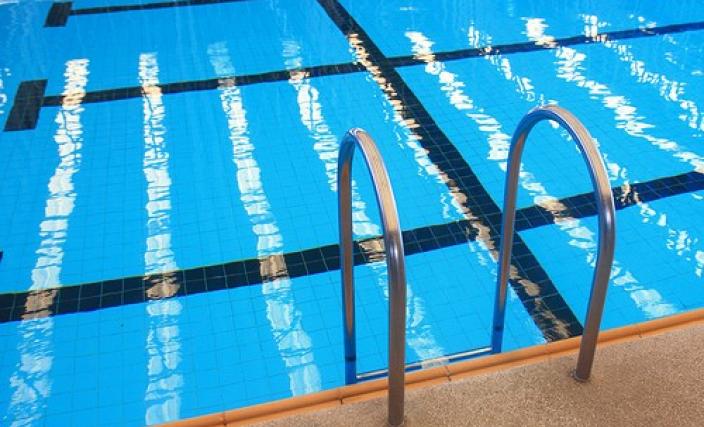Many factors must be considered in determining liability for injury resulting from the use of a swimming pool. Generally speaking, a property owner is only liable for injury upon a showing that the owner or custodian knew or, in the exercise of reasonable care, should have known of a vice or defect with the pool which caused the injury, that the injury could have been prevented by the exercise of reasonable care, and that the owner or custodian failed to exercise such reasonable care. Otherwise, our courts have consistently held that a swimming pool, when properly used, is not unreasonably dangerous and that it is the primary duty of the swimmer or diver to ascertain the safety of swimming or diving. Thus, with regard to swimming pools, the primary danger presented is the risk of drowning which is an open and obvious danger. As such, a property owner is typically not liable for injury that results from a condition that should have been observed by the individual using the pool in the exercise of reasonable care or which was as obvious to the visitor as it was to the property owner. Put another way, the test to determine a property owner’s liability is whether, in the management of the property, the owner acted as a reasonable person in view of the probability of injury to others.
Accordingly, it follows that an owner of a swimming pool should take the necessary precautions to fence off the pool to prevent inadvertent access, clearly mark the depths of the pool, provide adequate lighting both inside the pool and outside of the pool area and provide adequate supervision. It would also be prudent to install signage indicating “No Trespassing” and that anyone entering the swimming pool “Swims at own risk”. These are all precautions that a reasonable person would take to prevent injury to others.









